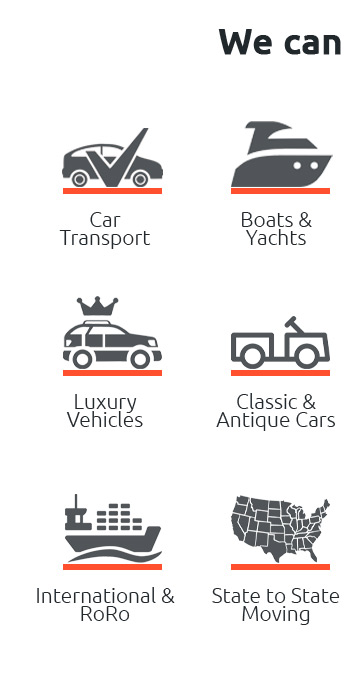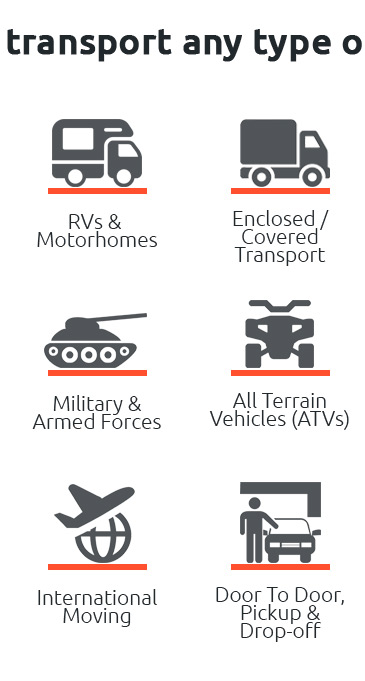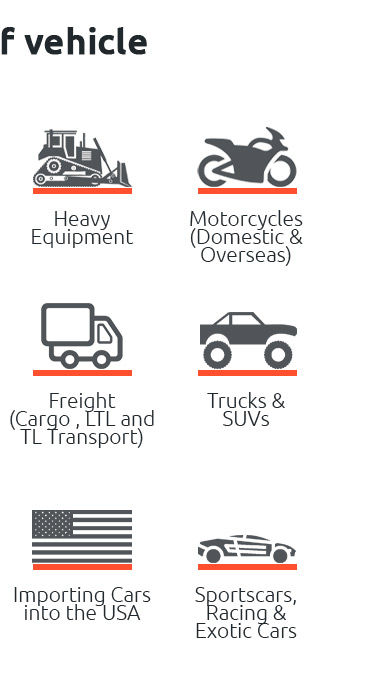 |
|||
 |
 |
 |
|---|---|---|
 |
 |
|
 |
 |
 |
 |
 |
 |
|---|
 |
 |
 |
|---|---|---|
 |
||
 |
 |
|---|---|
40 foot container shipping quote: what it covers and how to compareA 40 foot container shipping quote totals the door-to-door cost for moving a full container. It balances base ocean freight with time-sensitive surcharges, handling, and destination fees you might not expect. What’s includedMost quotes bundle core charges and services. Confirm what is mandatory versus optional, and verify transit time and equipment availability during peak weeks.
FAQsHow are rates calculated?Carriers price by trade lane, seasonality, fuel, port congestion, and your lane volume; surcharges update frequently, so quotes can expire quickly. When should I book?Secure space 2–4 weeks ahead; during peak season, book earlier and request equipment release confirmation to avoid rollovers. Any ways to lower cost?Flex transit time, ship off-peak, widen pickup windows, and consolidate loads; ask for all-in, itemized rates to compare like-for-like.
|
|---|